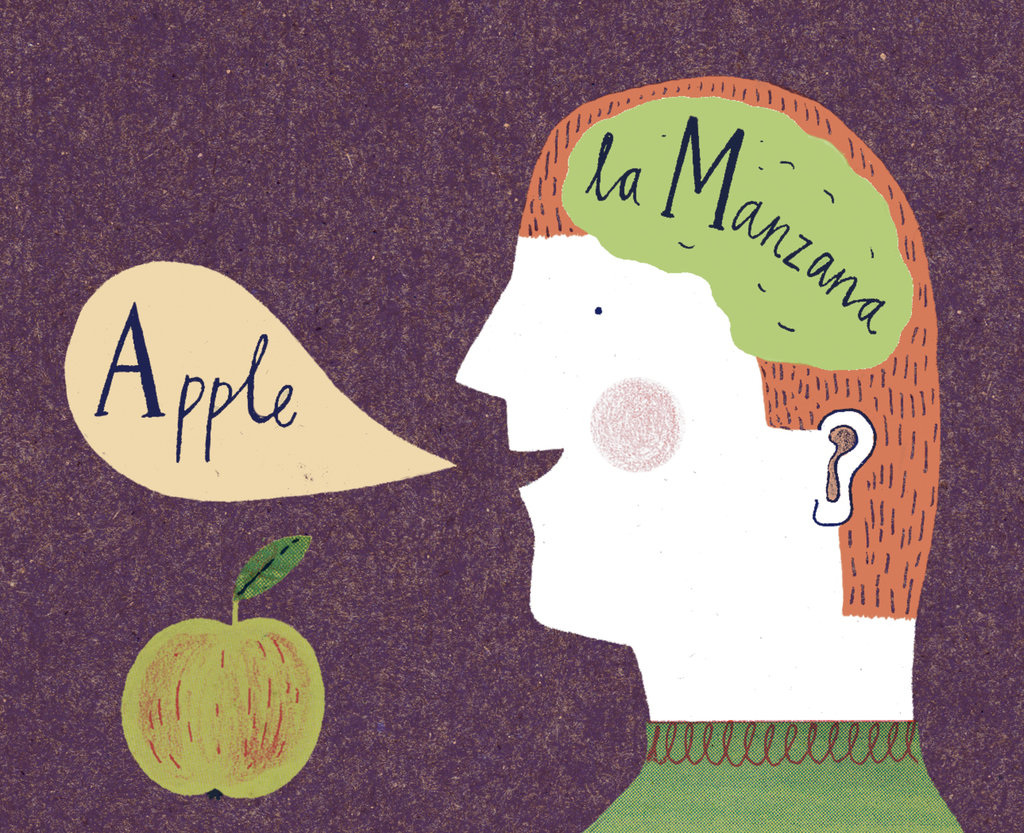In Australia, being such a multilingual and multicultural country this question is relevant. It is not uncommon for people to self refer as bilingual or to refer others as bilingual. How many times have you heard about such and such being bilingual?
Some might think, simple, bilingual means to know two languages. However this paints an incorrect binary view of languages and language acquisition. To learn a language is not like a light switch (which can be either on or off) but more like a dimmer (where brightness can vary).
In fact bilingualism is a debated issue and there is much disagreement on an acceptable definition. This blog post is not here to enter into the depths of this debate, but rater to quickly overview some key points.
Firstly some terminology:
Monolingual: Speaking or containing one language, or a person who speaks only one single language.
Bilingual: Speaking or containing two languages, or a person who speaks two languages.
Trilingual: Speaking or containing three languages, or a person who speaks three languages.
Multilingual: Speaking or containing more than one language, or a person who speaks more than one language.
Polyglot: This term is often used interchangeably with multilingual however a more accurate definition is person knowing or using more than one language.
Note that 'speaking' a language denote proficiency while to 'know or use' a language doesn't denote proficiency (i.e. knowing a few words in another language doesn't mean you know the language).
We know that being bilingual is beneficial and in fact makes you smarter, so what what actually is it? Generally speaking (pun not intended), there are two school of thoughts. While some suggest it is the merely "ability to use two or more languages", others like Prof. David Crystal (The Penguin Dictionary of Language) are more stringent stating it is when "an individual or community controls two or more languages".
I personally subscribe to the later more stringent view. To be able to 'use' a language isn't enough to be bilingual. To be truly bilingual one need to 'control' the language. This means to have the ability of a native speaker in both languages and hence have both languages as if they were both mother-tongues.
In this view bilingualism is hard to obtain. (Trilingualism and Multilingualism even harder.) It is for this reasons that many linguist place bilingualism on a very high pedestal that most won't ever reach. It is also for this same reason that many academics (particularly linguists), whom are highly proficient in two or more languages are humble and don't refer to themselves as bilingual (and even less so as multilingual).




 RSS Feed
RSS Feed
